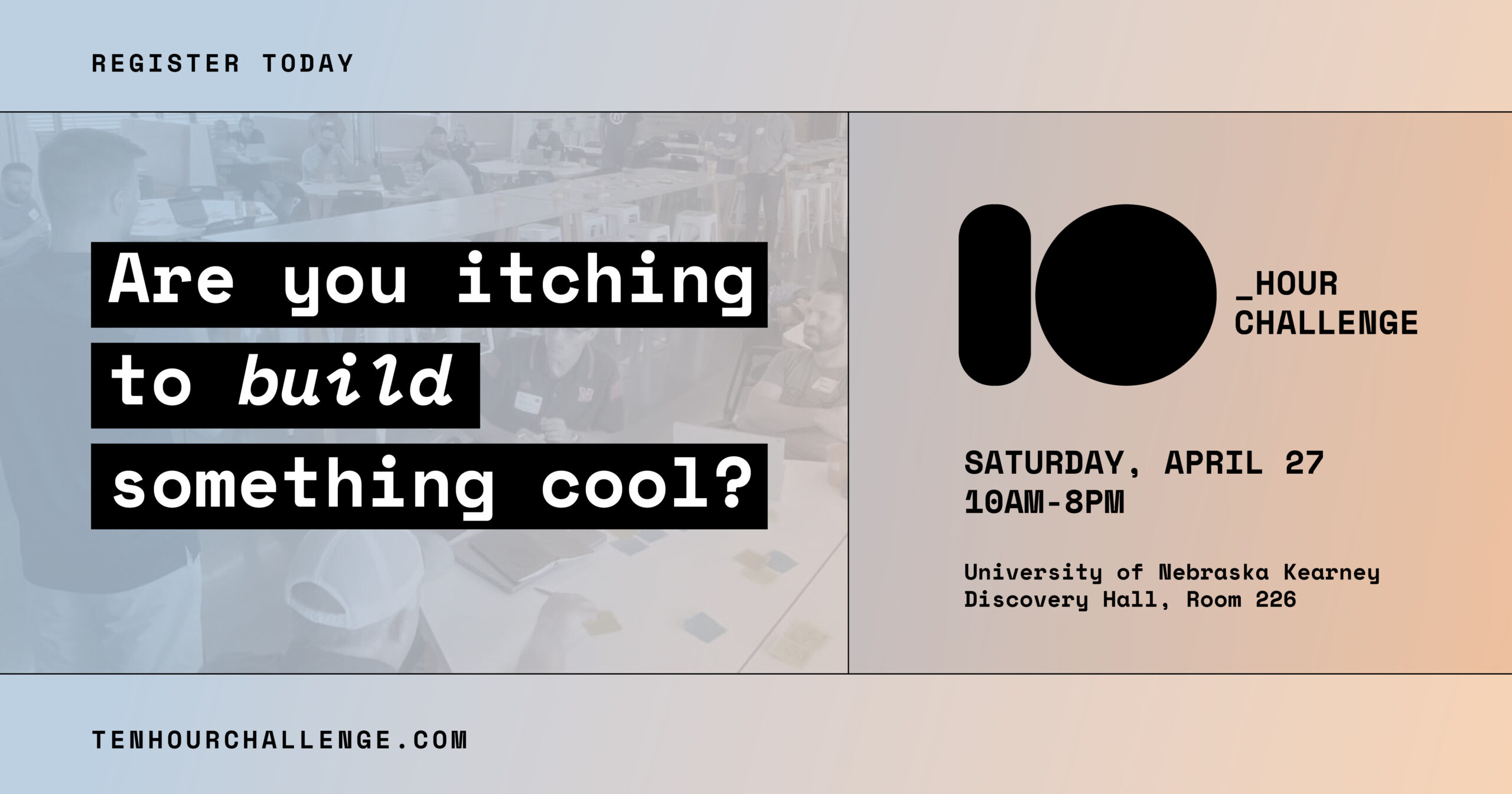 The homepage of LiveOn encourages users to sign up for the private beta coming in August. Screenshot from liveon.com.
The homepage of LiveOn encourages users to sign up for the private beta coming in August. Screenshot from liveon.com.
 In classic startup fashion, LiveOn co-founder and CEO Jonathan Whistman described his idea in a phone interview earlier this week: “It’s almost like Facebook meets Ancestory.com meets time travel.” As a former business development and sales consultant, Whistman executed on his idea with a classic business strategy: the cold call.
In classic startup fashion, LiveOn co-founder and CEO Jonathan Whistman described his idea in a phone interview earlier this week: “It’s almost like Facebook meets Ancestory.com meets time travel.” As a former business development and sales consultant, Whistman executed on his idea with a classic business strategy: the cold call.
“I started trying to find the smartest guy I knew I could get advice from, so I found [Tony Karrer] on LinkedIn and cold-called him,” Whistman said, telling the story of how he brought on the former eHarmony CTO at the end of 2010 to guide LiveOn’s technology direction. “We had a couple of conversations over the phone, I flew out to meet him, he got excited about the idea and decided ‘Let’s do it.’ ”
Los Angeles-based Karrer and his team of three full-time contract developers have signed on to help build LiveOn while Whistman (above, photo courtesy of Whistman) lays the groundwork at the startup’s home base in Kansas City. In LiveOn’s downtown office, Whistman and his wife, also a co-founder, work with a four-person development team, a four-person support team and an intern. Like his Karrer find, Whistman again utilized LinkedIn to recruit his team.
BECOME A SPONSOR
Join us in championing the narrative of success, resilience, and ingenuity that defines Nebraska’s startup community. Learn more »
Born out of an idea conceived two years ago when he was disappointed in the funeral service for a close friend’s son – “it didn’t represent that kid’s life at all,” Whistman said – LiveOn is setting out to create a site that gives users a new way to keep and share key life moments with their closest friends and family, or as LiveOn will label them, their “tribe.”
The $750,000 angel round Whistman closed this past November from three investors – Adam Anderson of Kansas City and Ralph and Peter Ludwig of New York – pays those employees’ salaries and other startup costs. No credit goes to LinkedIn or cold-calling for the angel round; however, Whistman credits past business relationships for these investments. On top of that, Whistman said he’s putting some of his own capital into the startup, and he’s hoping to close another round of funding, as much as $2 million, by January 2012.

LiveOn founder Jonathan Whistman, fourth from left, and LiveOn employees and spouses gather at Benton’s for one of the startups monthly dinners welcoming new employees. Photo courtesy of Whistman.
“I believe in this,” Whistman said. “I’m all in. This is the future for me.”
Despite its value as a tool for commemorating people, LiveOn will be much more than a memorial website, Whistman said. “[Other sites are] approaching it from the dead aspect,” he said, “the way we’re creating it is, let’s say you’re a father or a mom to-be that gets on the site … it learns, ‘You’re pregnant now,’ so it will start intelligently asking that mother questions and creating a timeline with video and everything else of her life.”
Once the mother’s baby is born, a LiveOn account will be created for the baby, too, ready to capture memories for the child.
Users have the option to either enter their memories directly into LiveOn or import from elsewhere, such as Facebook. When an import is made, such as a photo, the comments below the photo on the other site are synced with the user’s LiveOn profile. In addition to these voluntary actions, LiveOn has developed an algorithm to learn the profile of the user and then periodically prompt the user to enter a memory, such as a baby’s first steps. They’re calling these prompts “guided memories,” which is one of five pieces of proprietary software LiveOn is considering trying to patent.
With those memories documented, LiveOn hopes to be the place cherished memories are kept and shared forever. LiveOn guarantees that as media technology advances, so too will LiveOn’s technology offering, assuring that moments captured on a digital camera in 2011 can be watched on a computer in 2021.
On the mobile front, LiveOn has plans to roll out out an iPhone app in November, which could increase user interaction, hopefully opening the door to push notifications for those “guided memories.” For example, if a user is at his son’s T-ball game, he could set up a push notification to remind him to take a photo or video of the game, and that photo or video would then be automatically uploaded to LiveOn.
On launch, Whistman said part of LiveOn’s revenue model will be in play, such as a send-in service to convert users’ boxes of old media, such as videos tapes and photos, into digital videos and photos online. In future version, more of the revenue model will come to fruition, such as premium accounts.
To get a better understanding of LiveOn, check out the video below, which is featured on LiveOn’s homepage. Stay tuned to Silicon Prairie News for more on LiveOn and its August private beta release (sign up for access on liveon.com).


